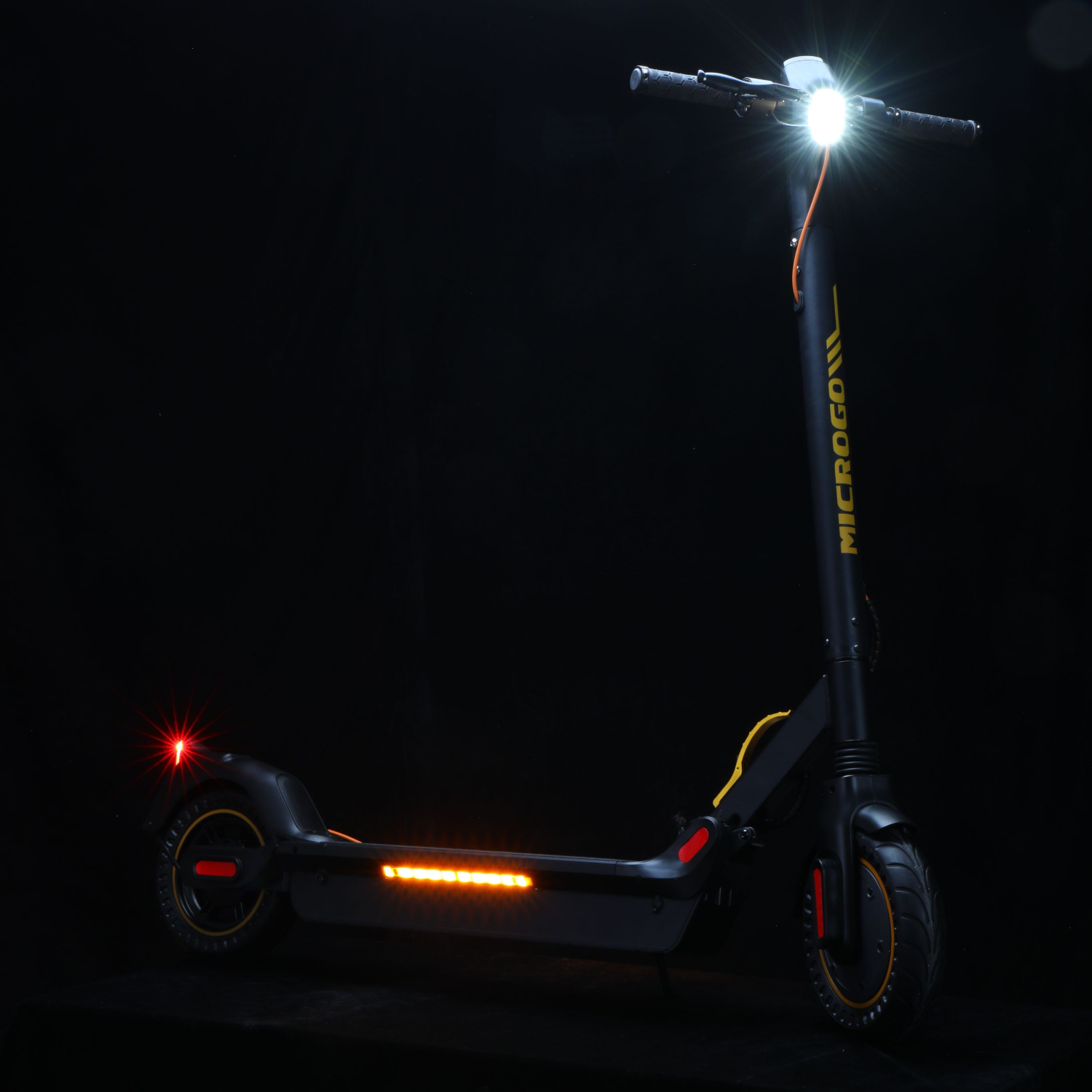Electric Scooters vs. Traditional Commuting Methods: Which is Better for City Travel?
الجسم
City travel has always been a challenge, with traffic congestion and limited parking spaces making it difficult for commuters to reach their destinations efficiently. In recent years, electric scooters have emerged as a popular alternative to traditional commuting methods such as cars, bicycles, and public transportation. This article aims to explore the advantages and disadvantages of electric scooters compared to traditional commuting methods, helping you make an informed decision for your daily city travel needs.

Convenience and Portability
One of the key advantages of electric scooters is their convenience and portability. Unlike cars, scooters can easily maneuver through traffic, allowing you to reach your destination faster. They are also compact and lightweight, making them easy to carry and store. Whether you need to hop on a train or navigate crowded sidewalks, electric scooters offer a level of flexibility that traditional commuting methods often lack.
On the other hand, traditional commuting methods like cars and bicycles require parking spaces, which can be scarce and expensive in cities. Electric scooters can be folded and carried with you, eliminating the need for parking and ensuring that you can easily find a spot for your scooter wherever you go.
Cost-Effectiveness
When it comes to cost-effectiveness, electric scooters have a clear advantage. They are significantly cheaper to purchase and maintain compared to cars and even bicycles. Electric scooters require minimal maintenance, with no need for fuel, oil changes, or expensive repairs. They are also more energy-efficient, allowing you to save on fuel costs and reduce your carbon footprint.
Public transportation, while often cheaper than owning a car, can still be costly in the long run. Electric scooters provide a cost-effective alternative, especially for short to medium-distance commutes. With the rising popularity of scooter-sharing services, you can even rent an electric scooter for a fraction of the cost of public transportation.
Sustainability and Environmental Impact
As cities strive to become more sustainable, electric scooters offer a greener alternative to traditional commuting methods. Electric scooters produce zero emissions, helping to reduce air pollution and combat climate change. By choosing an electric scooter over a car or motorcycle, you contribute to creating a cleaner and healthier environment for everyone.
Furthermore, electric scooters require fewer resources to manufacture compared to cars, making them a more sustainable option. They also take up less space on the road and in parking lots, reducing congestion and freeing up valuable urban space.
Safety and Accessibility
When it comes to safety, both electric scooters and traditional commuting methods have their pros and cons. Electric scooters offer a lower risk of accidents compared to motorcycles or bicycles, thanks to their lower speeds and stability. However, they can still be involved in collisions with cars or pedestrians, especially in busy city streets.
Traditional commuting methods like cars provide more protection in case of an accident, but they also contribute to traffic congestion and can be less accessible in crowded urban areas. Bicycles offer a healthy and eco-friendly option, but they require physical effort and may not be suitable for everyone.
Ultimately, the choice between electric scooters and traditional commuting methods depends on your personal preferences, needs, and the specific conditions of your city. It's important to consider factors such as distance, terrain, infrastructure, and local regulations when making your decision.
In conclusion, electric scooters offer a convenient, cost-effective, and sustainable alternative to traditional commuting methods for city travel. They provide flexibility, portability, and contribute to reducing traffic congestion and air pollution. However, it's essential to prioritize safety and consider the specific requirements of your daily commute. By weighing the advantages and disadvantages, you can make an informed decision and choose the best option for your city travel needs.










تعليقات